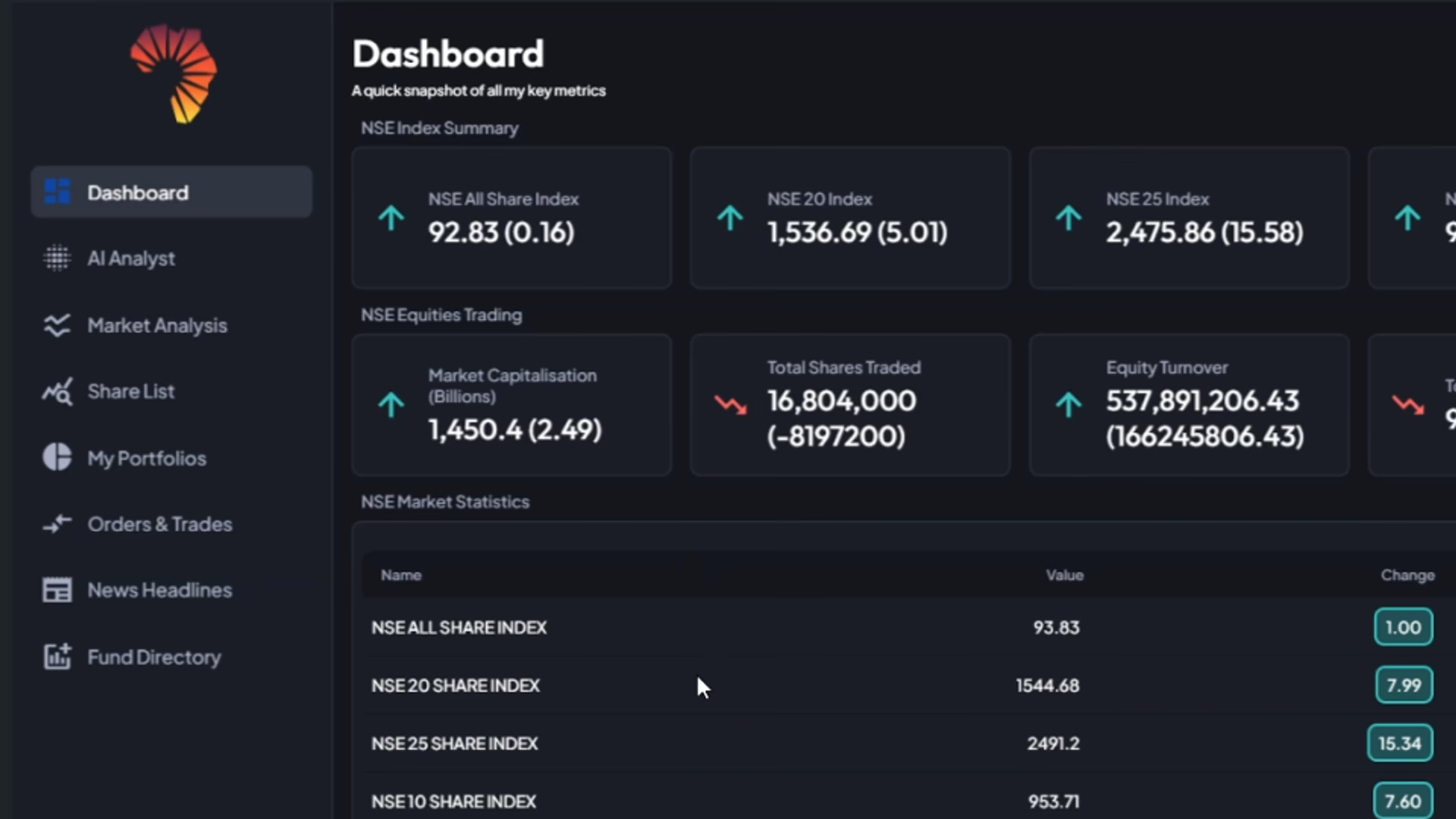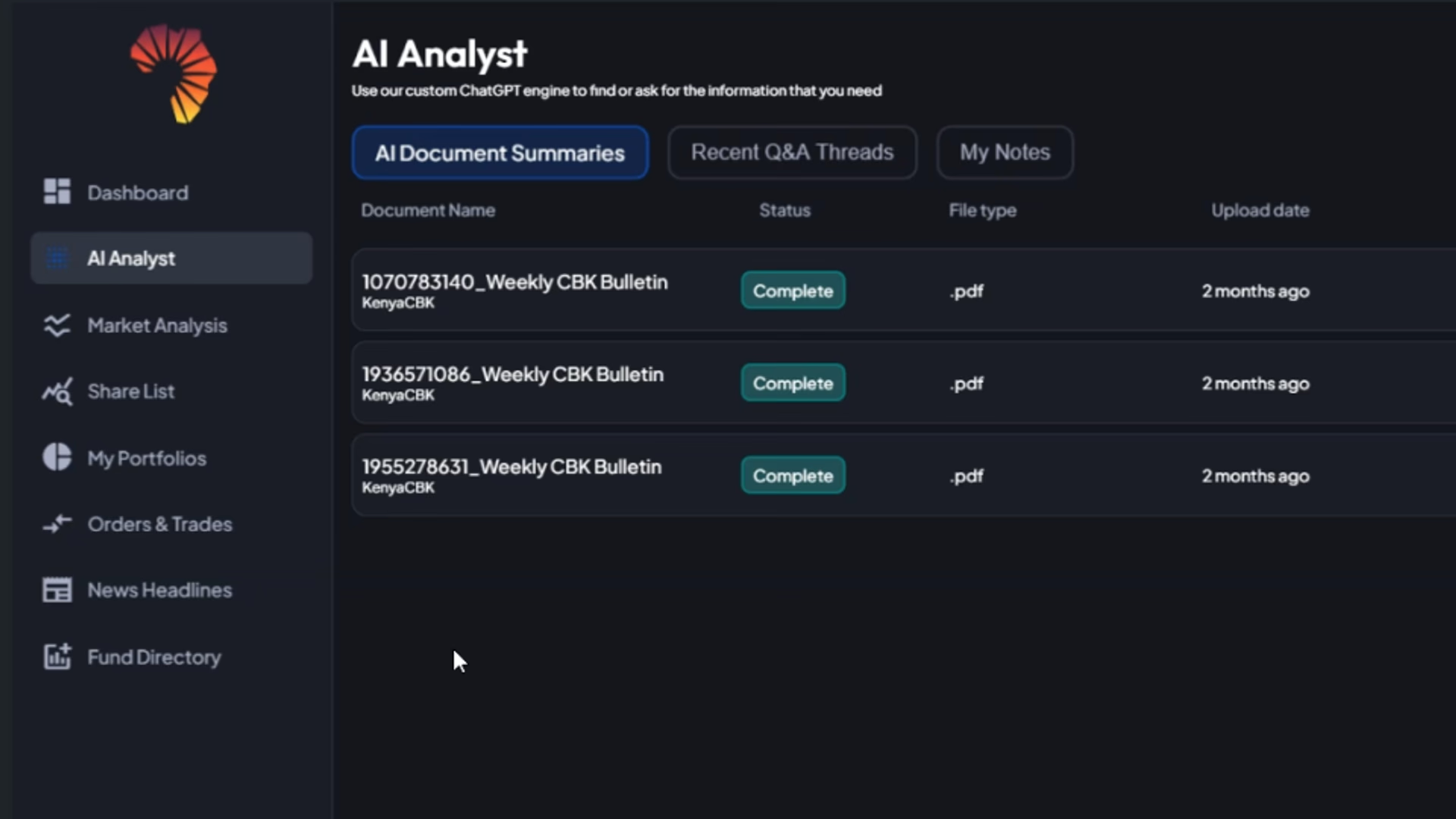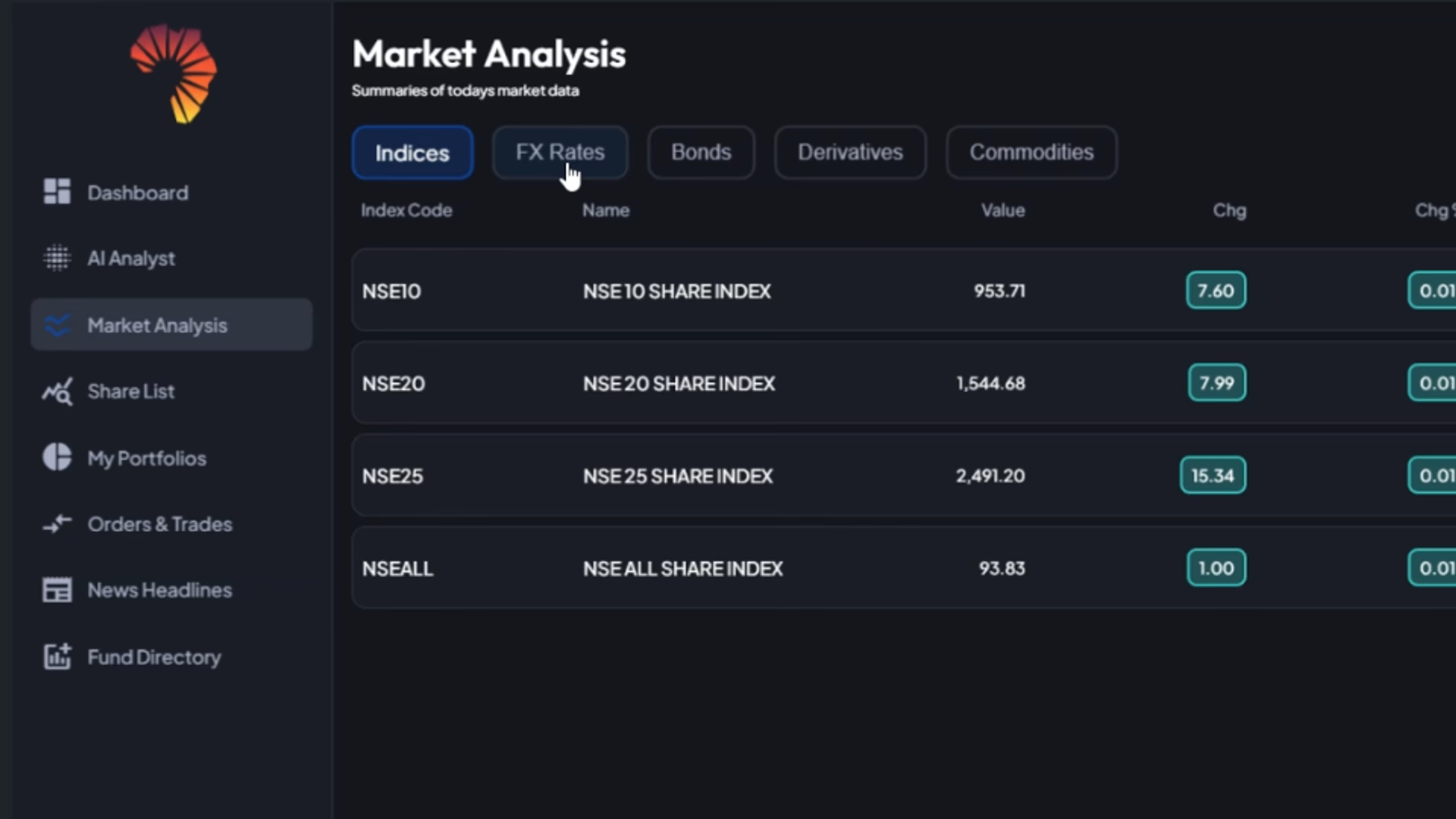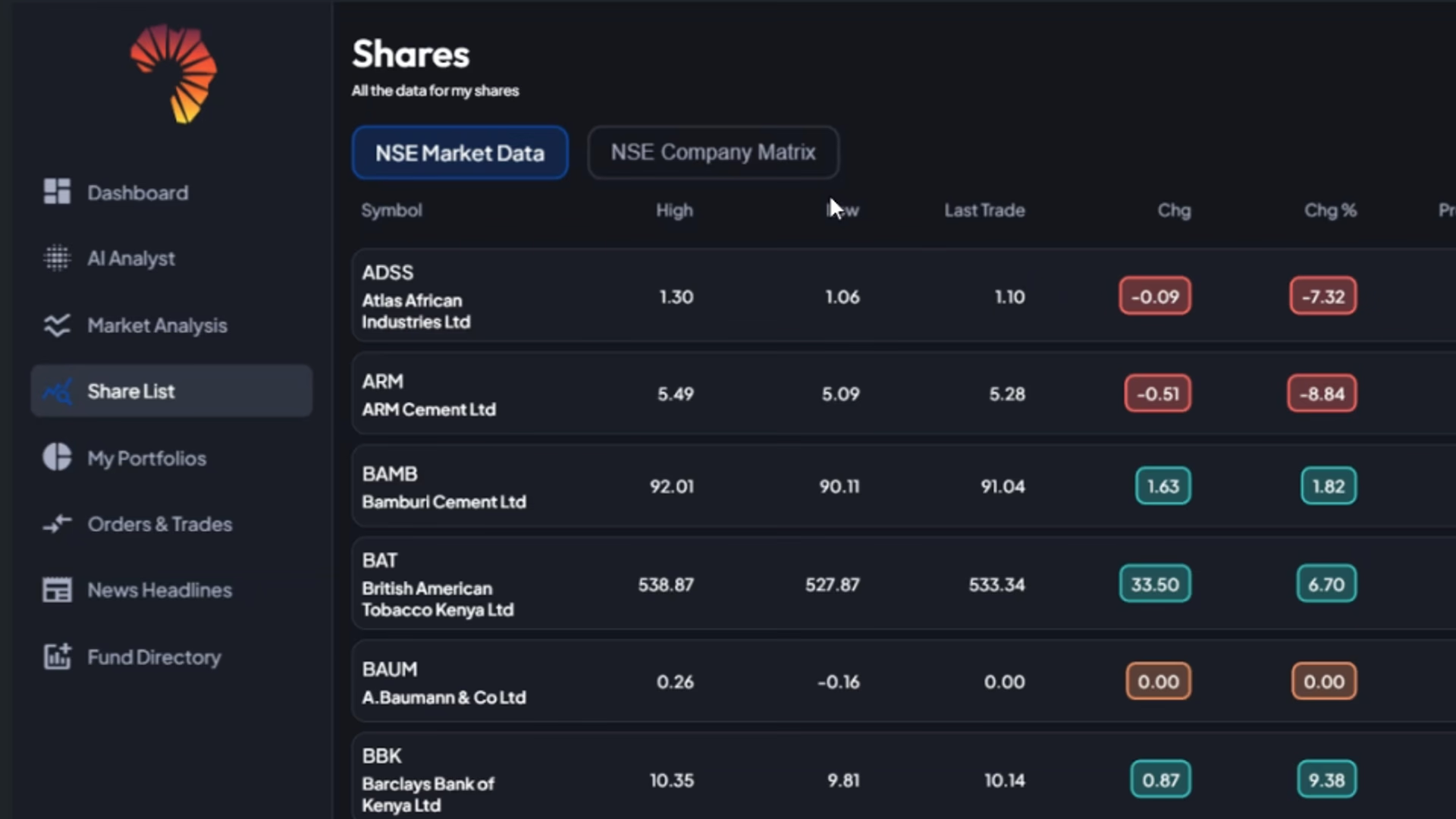Senegal's new leadership is clashing with the International Monetary Fund (IMF) over how to manage the country's ballooning debt, with Prime Minister Ousmane Sonko rejecting calls for a restructuring that he described as "a disgrace."
- •The standoff has rattled investors and pushed the West African nation's bonds to record lows, exposing the fragile balance between political pride, fiscal sustainability, and international credibility.
- •The IMF wrapped up a mission to Dakar last week without agreeing on a new lending arrangement. The Fund froze its previous US$ 1.8 billion programme in 2024 after President Bassirou Diomaye Faye's administration disclosed more than US$ 11 billion in hidden liabilities left by the previous government of Macky Sall.
- •With total public debt now estimated at 132% of GDP, the IMF has urged Senegal to put its finances on a sustainable path- a recommendation that, in practice, could mean a restructuring of some domestic or international obligations.
At a weekend rally in Dakar, Sonko dismissed that possibility outright. “What the IMF is proposing is a restructuring of this abysmal debt that Macky Sall’s party has burdened us with,” he said. “We don’t want a restructuring because it would be a disgrace for Senegal. It would imply that we are a bad student who borrowed with the intent to steal.”
The remarks triggered a swift market reaction. Senegal's 2028 eurobond slumped more than 6 cents below 77 cents, while its 2031 dollar bond fell to 71 cents, marking their biggest one-day declines on record. Analysts warned that the government’s stance limits its policy options and could delay access to new IMF financing at a time when fiscal pressures are mounting.
For its part, the IMF has maintained a measured tone.
“The choice and specific nature of debt operations, and whether to seek to restructure debt obligations, remains a sovereign decision,” an IMF spokesperson told Reuters, emphasizing that the Fund’s role is to provide expert advice, not impose outcomes. Mission Chief Edward Gemayel added that talks with Senegal would continue in the coming weeks and that a debt sustainability analysis now underway will determine whether restructuring is unavoidable.
Sonko, who unveiled a new economic recovery plan in August, has pledged to finance 90% of development spending through domestic resources, aiming to reduce dependency on foreign borrowing. Yet with revenue targets hinging on new taxes on gambling and mobile transfers, measures the IMF views skeptically, Senegal faces difficult trade-offs.
For now, Senegal’s leadership is betting on national pride and fiscal discipline to restore stability without external concessions.





